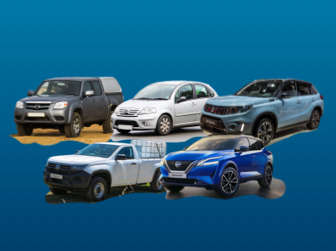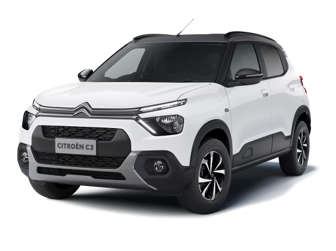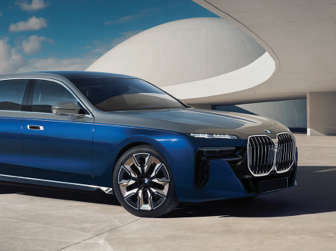With the environment and climate change at the front and centre of the world’s agenda, car manufacturers are taking careful measures to keep themselves relevant for decades to come – and the biggest change comes in the form of clean energy alternatives to petrol and diesel. This is apparent with BMW’s latest concept car: the i Hydrogen NEXT.
As the 2010s come to a close, the car industry has seen a shift in the attitudes and priorities that both it and its consumers demand. Unsurprisingly, the i Hydrogen NEXT is a normal road going BMW – only it’s powered by a hydrogen fuel cell. Based on the body of the current-generation X5 SUV, the i Hydrogen NEXT previews BMW’s intentions with its alternative-fuelled clean energy vehicle strategy.
It’s been made possible thanks to the partnership between BMW and Toyota – who together have already produced the Z4 and Supra combo last year. By putting together knowledge and resources from both the German and the Japanese firms, BMW have been able to present the i Hydrogen NEXT at this year’s Frankfurt motor show.
Whilst battery-powered electric vehicles are rapidly increasing in popularity across the world, hydrogen cells as a form of alternative fuel are also becoming increasingly accepted as another direction to take away from fossil fuels in the coming years. They offer advantages where current EV technology falls flat; namely, the fact that it only takes minutes to refill a hydrogen cell, and even today’s early concept cars are already offering ranges that are competitive with their petrol and diesel counterparts.
No official performance figures have been released for the i Hydrogen NEXT, as it’s been designed more as a proof of concept, rather than something that will be imminently released to the consumer market. BMW remains vague with the year it decides to introduce hydrogen to its mainstream fleet – instead, they say it will depend on market requirements and conditions. The NEXT will enter small-scale production in 2022.
As touched on, hydrogen offers some very major advantages over the classic electric car that you can buy from your local dealership today. So why are EVs significantly more popular at the moment? As it stands, hydrogen is significantly more expensive. In terms of equal amounts of energy, hydrogen currently costs up to two times more than petrol to refill. Filling stations for hydrogen are also few and far between, which makes it currently unviable for a large number of drivers today.
If you still want a clean energy vehicle, you can look into the ownership of an EV – if you trust that Eskom will supply electricity! (Kidding!) Unlike hydrogen vehicles, electric vehicles are much more mature in their development, and infrastructure for these vehicles are slowly improving in South Africa. You can also install fast chargers at your own home, meaning you can always leave home with a full battery. Some modern EVs can cover nearly 500km on a charge – and this is only ever-improving.
Fossil fuels may still be dominant today, but the clean energy market share is rapidly growing. Expect to see many more manufacturers joining BMW in the coming years in offering up alternative clean energy vehicles for our changing demands.
Please note the imagery supplied in this blog was taken off www.press.bmwgroup.com
What to do when you run out of petrol
Our car enthusiast’s gift guide


